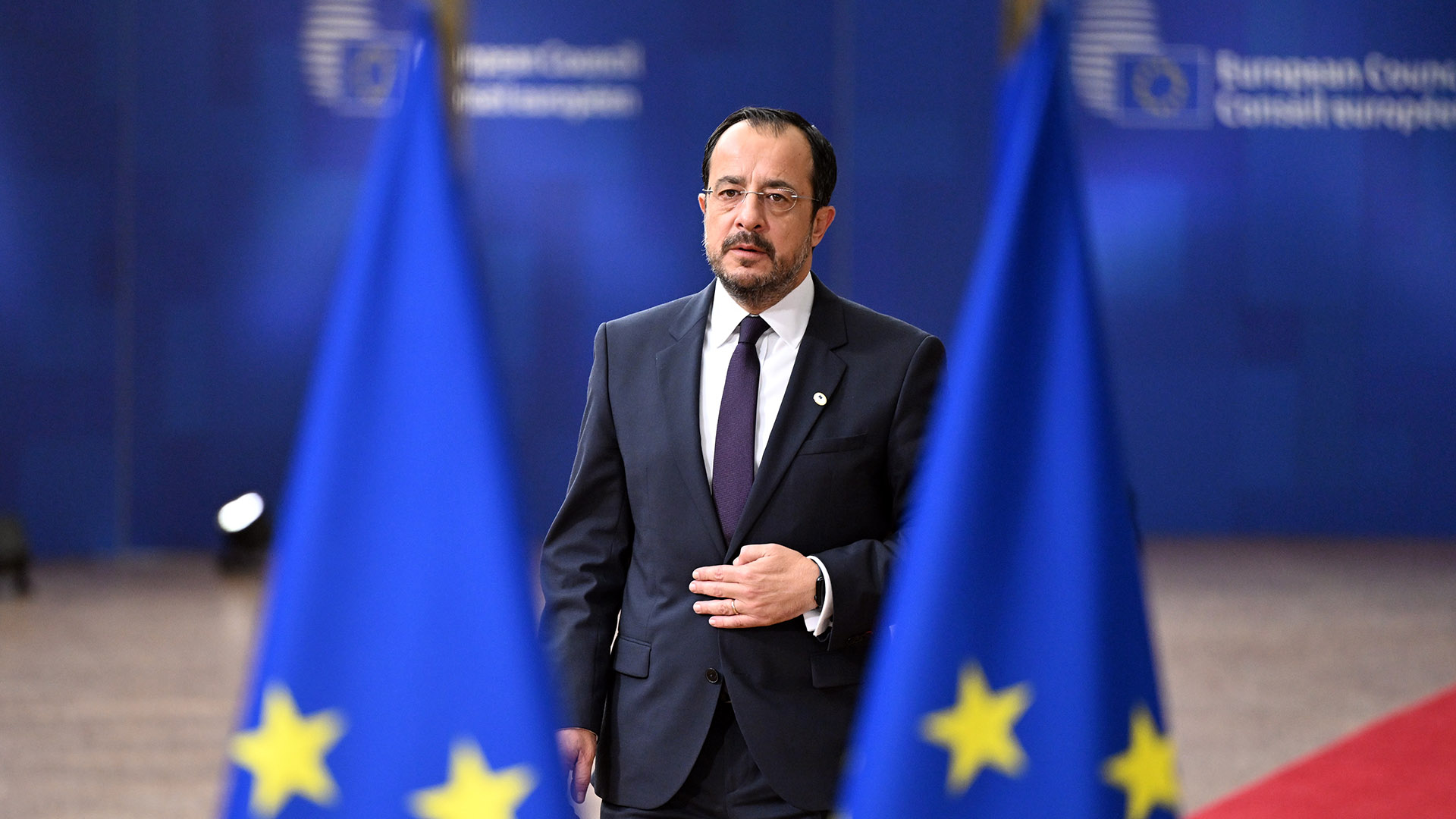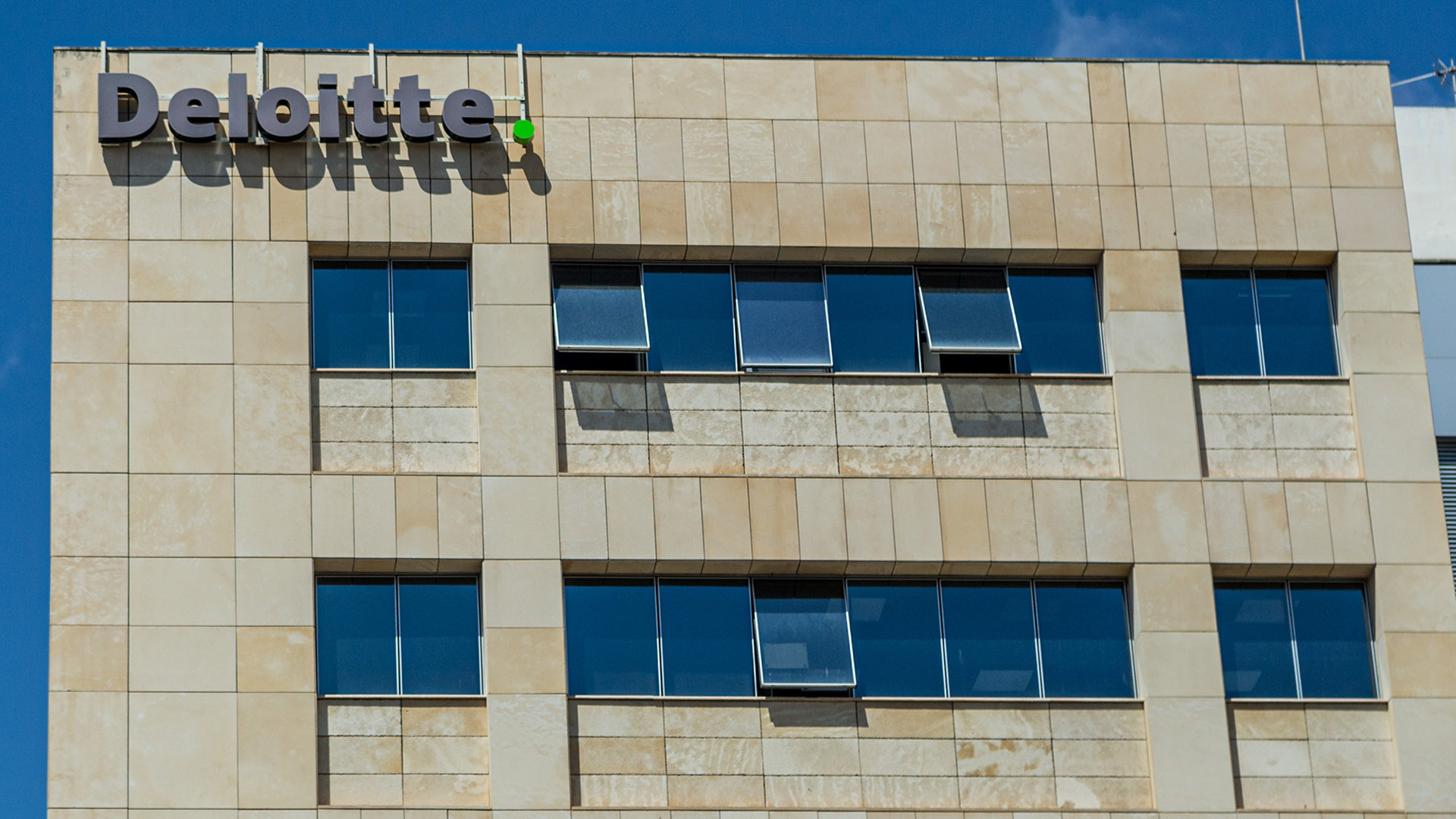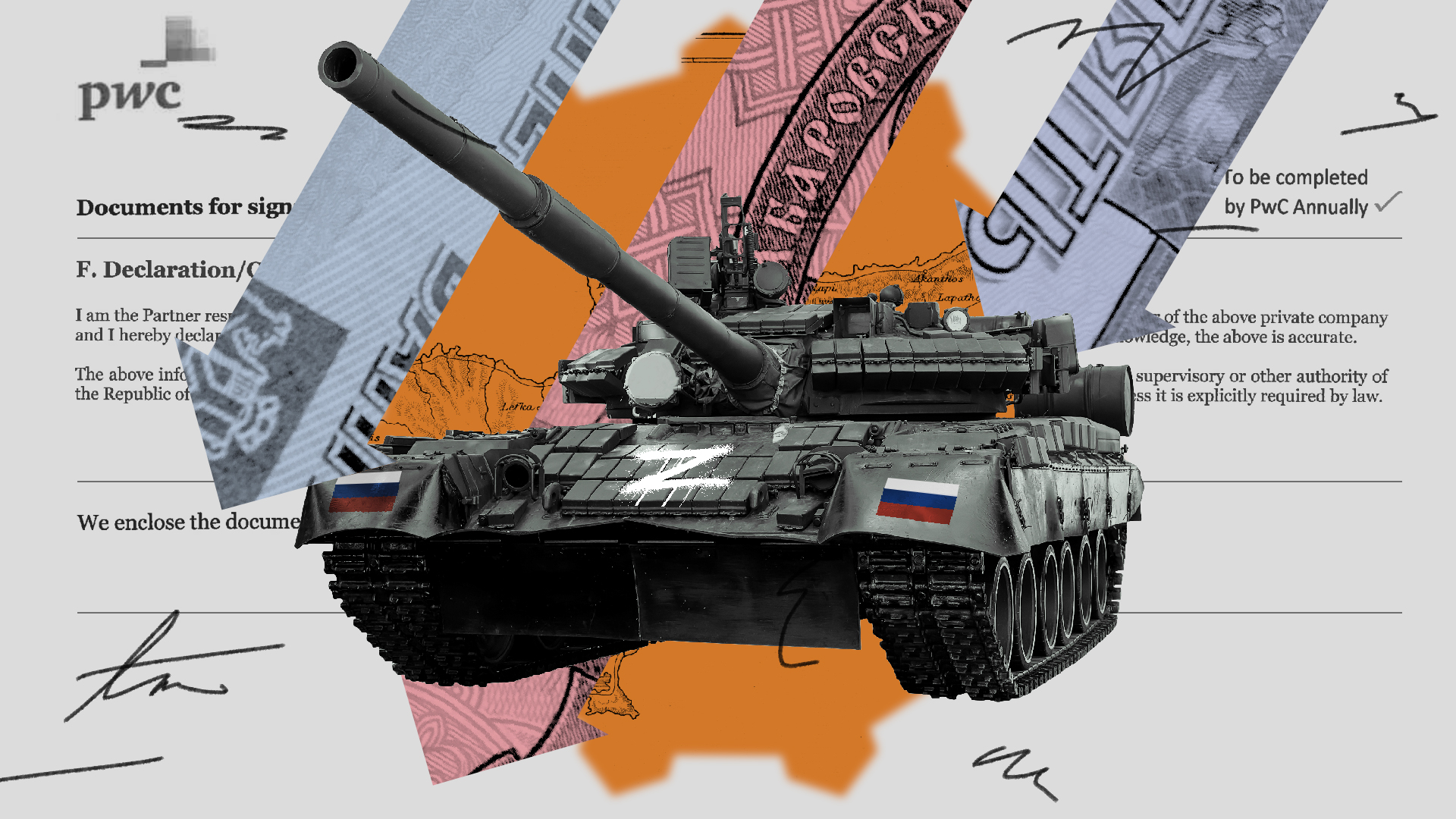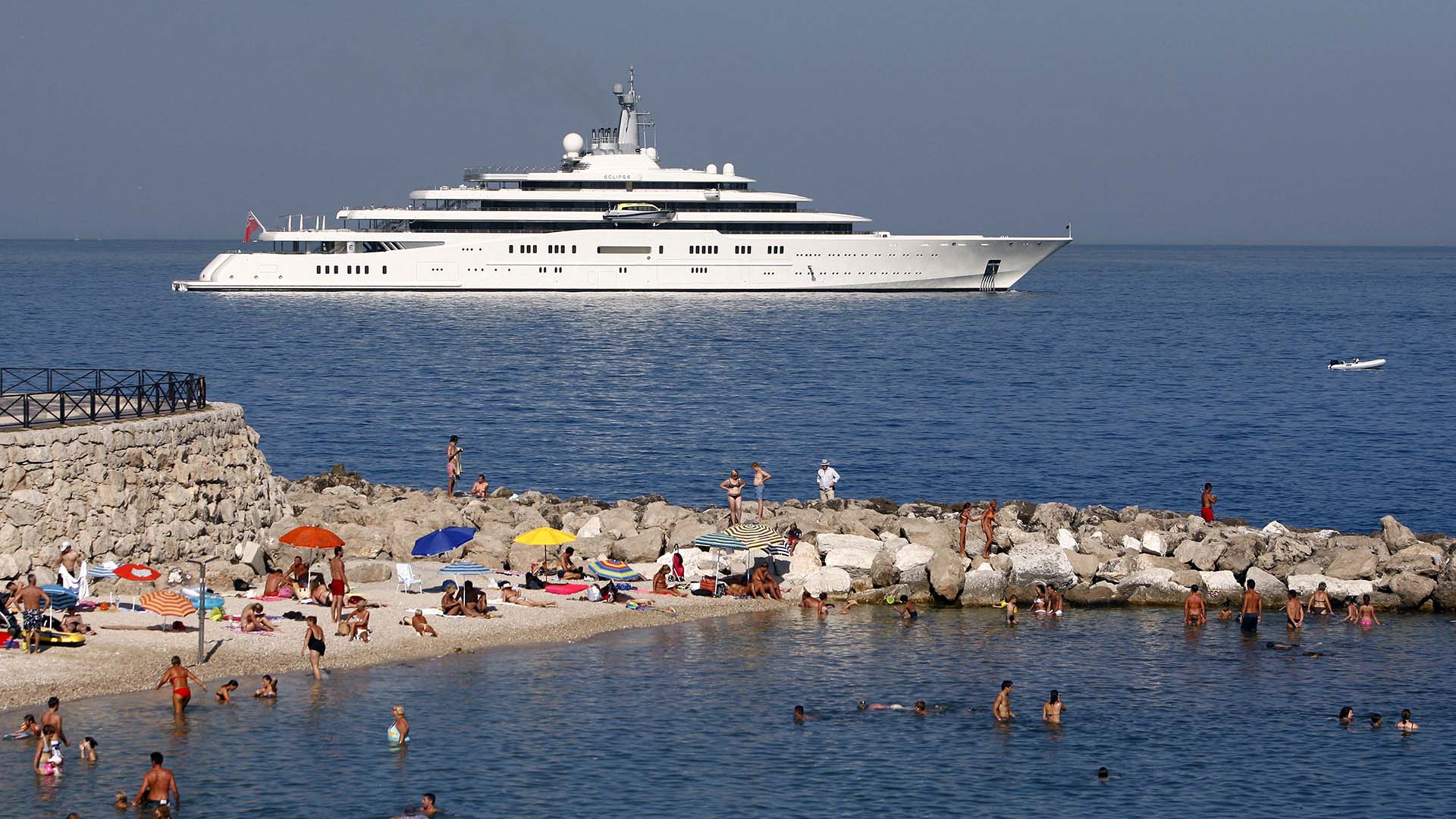Cyprus missed the European Union’s deadline to create a long-awaited national sanctions implementation unit after objections from the Cyprus Bar Association prompted lawmakers to delay passing the necessary legislative package.
The bar association pushed back against the legislation during a May 12 parliamentary committee hearing, arguing it violated the Cyprus constitution by allowing the unit to operate in English, which is not an official language of the country. The association also said the legal industry would be effectively excluded from participating in anti-money laundering efforts.
“They’ve driven us out of the sanctions authority,” said Pantelis Christofides, a lawyer representing the bar association, during the hearing, according to the Cyprus Mail.
The new unit, which would consolidate existing sanctions authorities into one entity under the finance ministry, is a response to an April 2024 EU directive instructing member states to criminalize sanctions violations in domestic law. In the directive, intended to harmonize member states’ responses to sanctions violators and those who enable them, the EU said lawyers had an obligation to report sanctions violations when providing services to clients. The finance ministry initially planned to implement the changes by the end of 2024.
Cyprus had until May 20 to comply with the directive or potentially face an inquiry by the European Commission, according to local media.
The reforms to Cyprus’ financial system were spurred by Cyprus Confidential, an investigation led by the International Consortium of Investigative Journalists and Paper Trail Media along with 68 media partners. Based on 3.6 million leaked documents, the investigation shed light on how Cypriot financial services providers helped Russian oligarchs shield their assets as sanctions loomed following Russia’s 2022 invasion of Ukraine.
About the Cyprus Confidential files
The 3.6 million leaked files at the heart of the Cyprus Confidential investigation come from six financial services providers and a website company.
Within hours of the investigation’s publication in November 2023, Cyprus President Nikos Christodoulides said the government would conduct a full probe into the findings and pledged to combat misuse of the country’s financial system. That commitment delivered a host of proposed reforms, including the creation of a unit within the country’s finance ministry aimed at clamping down on sanctions evaders. More than a year later, legislation for the unit has been held up by a contentious legal review, even as the EU’s May 20 deadline has come and gone.
The proposed legislative package “will significantly enhance our sanctions implementation framework, streamline coordination, improve monitoring capabilities, and ensure uniform enforcement,” a sanctions official from the Cyprus Finance Ministry said in response to questions from ICIJ. The ministry said it expected the laws to be adopted before the end of June.
In December 2023, the United States deployed a team of financial crime experts to help Cypriot authorities respond to the Cyprus Confidential investigation.
One year later, the United Kingdom said it would aid Cyprus with the creation of a national sanctions unit through intelligence sharing and by training local law enforcement to tackle transnational organized crime. The announcement came shortly after the U.K. sanctioned a dozen Cypriot passport holders, including a businessman with alleged ties to Roman Abramovich, the Russian oligarch and former Chelsea Football Club owner who was a central figure in the Cyprus Confidential investigation.
“The UK and Cyprus stand in solidarity with Ukraine following Russia’s illegal invasion,” a U.K. government spokesperson told ICIJ. “We are working closely with our colleagues in Cyprus to target those who have enabled sanctioned Russian oligarchs to hide their assets.”
The European Commission did not respond to ICIJ’s request for comment.
Streamlining sanctions oversight
The debate over the sanctions unit is part of Cyprus’ long-running struggle to shed its reputation as a secrecy haven and longtime Russian financial hub.
For decades, the flow of Russian money was a bonanza for the country’s powerful industry of bankers, offshore services providers, accounting giants like PwC and other Big Four firms, and an army of 4,000 lawyers — all deeply intertwined with a Cypriot political class that erected some of Europe’s most stringent corporate secrecy rules.
Cyprus adheres to EU sanctions — a 2016 law stipulates up to two years in prison and fines of up to €100,000 for violations — but, in practice, enforcement has historically been distributed across various government entities, according to Marios Clerides, a Nicosia-based economist and former chairman of the Cyprus Securities and Exchange Commission.
“If the oligarch had a business in Cyprus, the Securities Commission had to deal with it,” Clerides said. “If it had money in the banks, the central bank had to do it.”
The finance ministry said that missing the EU deadline would not affect the government’s ongoing work to enforce sanctions as the 2016 law remained in place. The pending set of bills, aimed at sharpening enforcement and creating the central sanctions authority, would replace the existing law.
According to the Cyprus Mail, the country’s major financial regulators broadly support the reforms. But the bar association, which represents lawyers practicing in Cyprus, has remained a vocal opponent.
In a statement to ICIJ, the bar association said that while it supported strengthening sanctions enforcement in the country by integrating the EU directive into Cyprus’ law, it had several concerns over the proposed unit, including that a non-EU member state, the U.K., had been involved in its development. The statement noted that the government “should not adopt recommendations for establishing a Sanctions’ Enforcement Unit alone as implemented by a non-EU member state” and that the unit’s centralized nature does not align with an ambitious anti-money laundering package the EU adopted in May 2024.
During the recent parliamentary hearing, Christofides raised concerns that the reforms could shut the bar association out of its current advisory role on anti-money laundering issues. A branch of the attorney general’s office in Cyprus, known as MOKAS, is currently responsible for enforcing anti-money laundering compliance in the country.
The association said it had not been “effectively consulted” during the legislative process and was only “informed as to the spirit and wider parameters” of the bills by finance ministry representatives last year.






